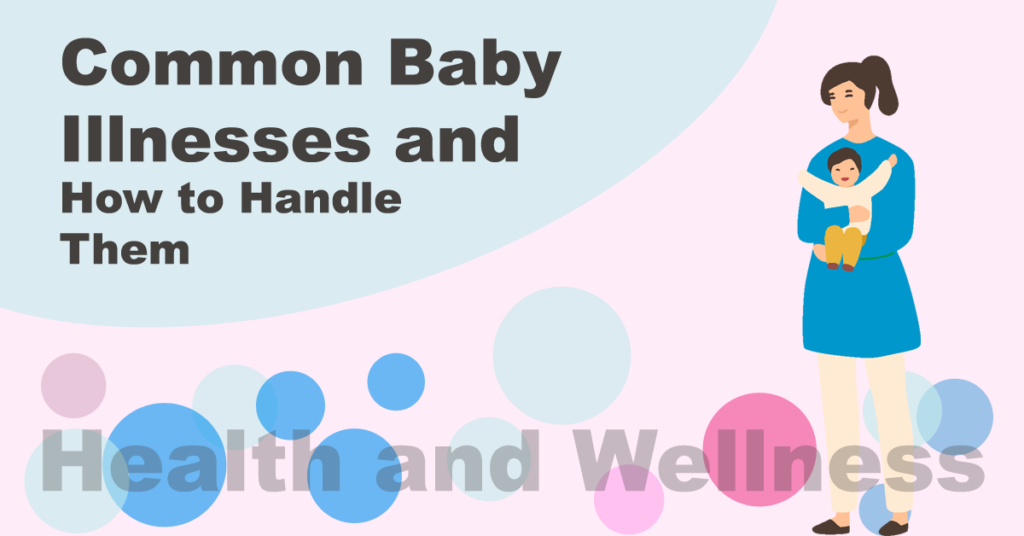Essential Tips for Newborn Care
Essential Tips for Newborn Care: Bringing a new baby into the world is an exciting and joyful time for any parent. However, it can be overwhelming, especially for first-time parents. Caring for a newborn requires patience, love and a good understanding of their needs. In this blog post, we’ll give you essential tips for caring for a newborn, including understanding their sleep patterns and schedules, as well as decoding their signs and signals.
Understanding infant sleep patterns and schedules
Babies have irregular sleep patterns that can be quite challenging for parents. They sleep about 16 to 17 hours a day, but in short bursts of 2 to 4 hours at a time. This means that you will have to adjust your sleep schedule to meet their needs.
To help your newborn develop a sleep routine, it’s important to create a calm and quiet sleep environment. Dim the room, play soft music or white noise, and snuggle your baby. Establishing a consistent bedtime routine, such as giving them a warm bath followed by a gentle massage, can also help signal that it’s time to sleep.
During the day, try to expose your newborn to natural light and engage in active activities to help regulate the sleep-wake cycle. However, remember that they may still need to blink frequently throughout the day.
Decoding infant signs and signals
Infants communicate their needs through a variety of gestures and gestures. Understanding these cues can help you respond to your baby’s needs quickly and effectively. Here are some common signs and what they might mean:
- Crying: Crying is your baby’s way of expressing hunger, pain, or tiredness. Check if they need feeding, changing or if they are over stimulated.
- Roots: When a newborn turns their head and opens their mouth to your touch or breast, it signals that they are hungry.
- Startle Reflex: If your baby suddenly throws out his arms and legs, it may mean he’s startled or needs to be soothed.
- Eye contact: Making eye contact with your baby is a sign that he is alert and engaged.
- Yawning and rubbing eyes: These are signs of tiredness and indicate that your baby may need to sleep.
By paying attention to these signals, you can better understand your newborn’s needs and provide them with the care and comfort they need. Remember, every baby is unique, so it may take some time to get used to your baby’s specific signs and signals.
Finally, caring for a newborn requires patience, focus, and a willingness to learn. Understanding their sleep patterns and schedules, as well as decoding their signals and cues, will help you provide the best care for your little one. Cherish these early moments and remember to take care of yourself too, because a relaxed and happy parent is essential to your baby’s well-being. Happy parents!



Pingback: Baby's Feeding And Nutrition Tips: Breastfeeding, Formula Feeding - Medicinefiles